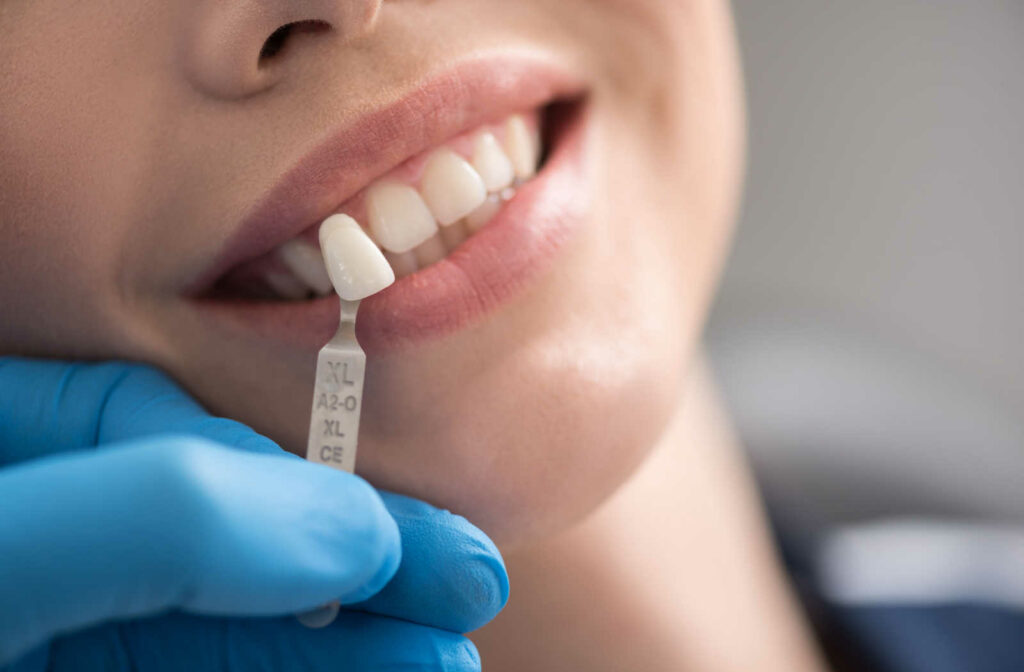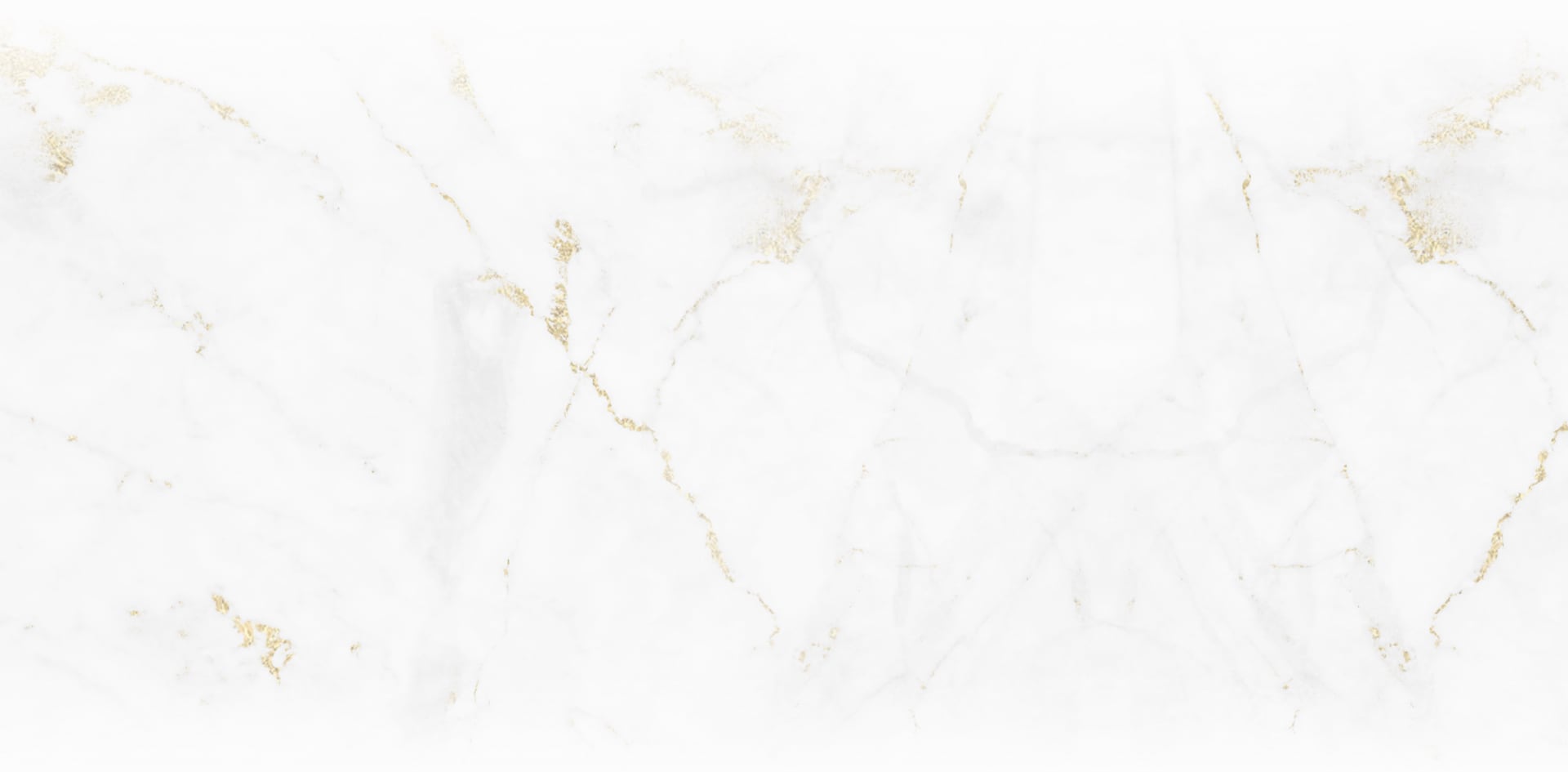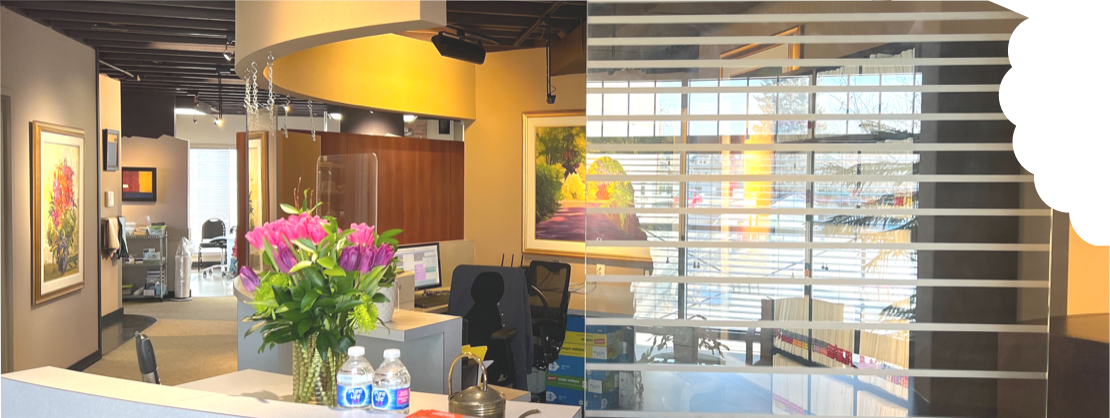Cosmetic dentistry has revolutionized the field of dental care by focusing on oral health while improving the aesthetic appearance of your smile. When you have concerns about your smile and oral health, your dentist can address these by performing a dental exam and recommending a cosmetic service to suit your needs.
Veneers are a popular cosmetic dental treatment for improving people’s smiles. But how long do veneers last? Porcelain veneers, for example, can last 10 years or more.
What Is Cosmetic Dentistry?
Cosmetic dentistry encompasses a range of dental procedures and treatments that improve the appearance of your teeth and smile. They are not deemed essential but chosen for their many benefits.
While general dentistry focuses on preventing and treating oral health issues, cosmetic dentistry goes beyond that by prioritizing the visual appeal of a patient’s smile. Teeth whitening, cosmetic restorations, and veneers are among the various cosmetic dental procedures available to transform smiles.

What Are Veneers?
Veneers are thin, custom-made shells attached to the front of your teeth to enhance the appearance of teeth and create a natural-looking, beautiful smile. Porcelain and no-prep veneers are more durable than composite veneers and do not stain or change colour.
Porcelain veneers can mask minor imperfections and help you reach your smile goals. They may be right for you if you have the following:
- Tooth discolouration: Veneers can effectively address tooth discolouration (yellow or brown teeth) caused by lifestyle choices like smoking, drinking coffee, or consuming pigmented foods. Porcelain veneers are generally stain-resistant.
- Chipped or cracked teeth: Veneers can cover chipped or cracked teeth, restoring their appearance and functionality.
- Gaps: Veneers offer a conservative alternative to orthodontic treatments for individuals with minor gaps or spaces between teeth. Veneers can create a more uniform and attractive smile without lengthy orthodontic procedures.
- Undersized teeth: Veneers can cover too small teeth to create a uniform and symmetrical look.
- Damaged enamel: Veneers can replace eroded enamel (since lost enamel cannot grow back).
Who Is a Candidate for Veneers?
Not everyone is a candidate for veneers. If you have the following, your dentist may recommend another treatment to suit your needs better:
- Periodontal or gum disease—this requires treatment before getting veneers.
- Your tooth has little enamel left—the veneer may not stick to it properly.
- Too much of your tooth is missing—a crown instead of a veneer may be more suitable.
- You grind or clench your teeth—it can chip or break porcelain veneers.
How Are Veneers Done?
When you get traditional porcelain veneers, your dentist will prep your teeth by removing a thin layer of enamel to make room for the veneers. You may need to wear temporary veneers before your custom-made ones arrive. This process is permanent and not reversible since the teeth are now thinner.
Lumineers are a brand of veneers which require little or no preparation and can also be done without anesthesia. This is why they are often called “no-prep” veneers.
The Lifespan of Porcelain Veneers
Porcelain is the most common material used for veneers. They are durable and may last around 10 to 20 years with proper care.
However, their exact lifespan can vary depending on several factors, including:
- Oral health: The state of your teeth before getting veneers can affect the lifespan of your veneers.
- Veneer material: Porcelain veneers can last longer than composite veneers.
- Oral hygiene: Maintaining good oral hygiene practices, such as brushing, flossing, and having routine dental exams, can prevent any underlying dental issues that may impact their lifespan.
- Trauma and injury: Porcelain veneers are durable but not indestructible. Accidents or injuries to the mouth can potentially damage or dislodge the veneers. It is essential to wear protective gear, such as mouthguards, when playing contact sports to prevent chips or breaks on your veneers.
- Teeth grinding: Grinding your teeth (bruxism) can put excessive pressure on your veneers, leading to premature wear and damage. Speak to your dentist about this before getting veneers, or use a nighttime mouthguard.
- Using your teeth as tools: Avoid using your teeth to open items you cannot open with your hands.
Cosmetic Dentistry to Improve Your Smile
Understanding the lifespan of dental veneers and how to care for them is essential for maintaining their longevity. With proper oral hygiene practices, minor lifestyle adjustments, and regular dental visits, you can extend the lifespan of your veneers and enjoy a radiant smile for years to come.
Invest in your oral health and embrace a beautiful smile with veneers. Book an appointment with Kensington Dental Care to address your aesthetic concerns and find out if veneers could be a solution for your needs.










